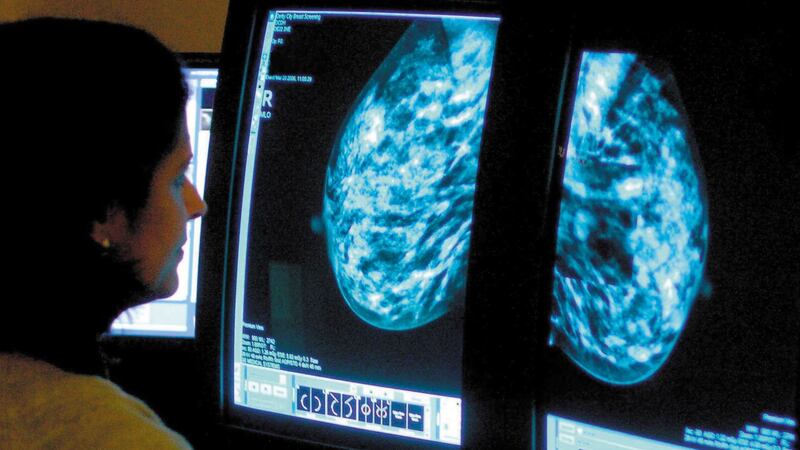IRISH scientists have found a potential new way to treat one of the most aggressive and difficult to treat forms of breast cancer.
Researchers have shown that a new drug can prevent the growth of some cancer cells.
The study was carried out by BREAST-PREDICT, an Irish Cancer Society Collaborative Cancer Research Centre.
The findings from their work have recently been published in the International Journal of Cancer.
If found to be successful in clinical trials, APR-246 has the potential to save lives for patients with a form of breast cancer which is currently difficult to treat.
The research was carried out by PhD student Naoise Synnott.
"At the moment the only form of drug treatment available to patients with triple-negative breast cancer is chemotherapy.
"While this will work well for some patients, others may find that their cancer cells don't respond as well as might be hoped to chemo, leading to patients suffering the side effects of this treatment without any of the desired outcomes.
"I decided to focus my BREAST-PREDICT research on triple-negative breast cancer because it was clear that work needed to be done to provide better and more targeted treatment for these patients.
"I hope that the work of me and my colleagues in St Vincent's and UCD will be a big step in providing better treatment and hope to future triple-negative breast cancer patients."
More than 250 people in the Republic are diagnosed with triple-negative breast cancer each year. It accounts for approximately one in six breast cancer cases globally.
Triple-negative breast cancer is often aggressive, difficult to treat and tends to be more common in younger women.







